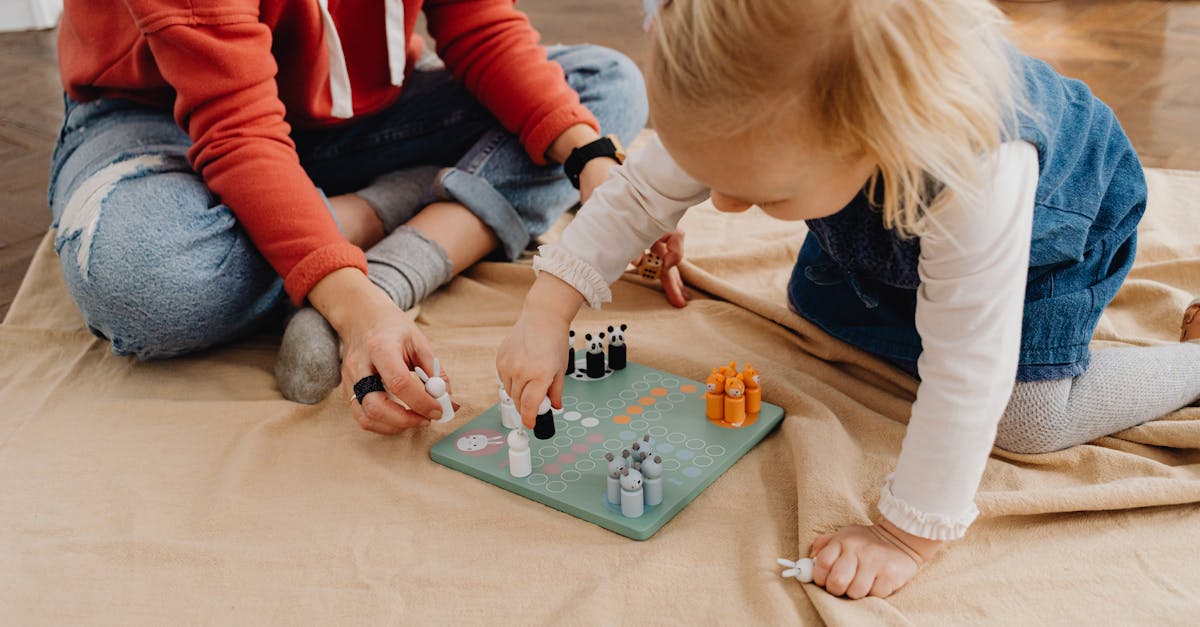Starting with Simple Concepts
Teaching money basics to pre-schoolers can be fun. Begin with simple concepts like identifying coins and notes. Kids love playing shopkeeper and customer. Why not use this game to teach them the names and values of different coins?
Storytelling also works wonders. Tell tales of a piggy bank saving for a toy. It builds basic money awareness without making it feel like school. Integrate learning into daily routines to make lessons stick.

- Start with simple concepts such as identifying coins and notes.
- Engage kids with games like playing shopkeeper and customer.
- Use storytelling to make learning fun and relatable.
- Integrate money lessons into daily routines for better retention.
Introducing the Idea of Saving
Once they understand money basics, introduce saving. Give them a cute piggy bank and encourage them to save for something small. Praise every coin they deposit. Explain that saving means not spending some of their money today to buy something bigger later. Use real-life examples, like how you save for family vacations. This way, they’ll see the benefits. It’s a practical lesson and motivating!

Making Spending Decisions Together
Inviting your child to help in spending choices teaches budgeting early. Take them shopping and let them decide between two small items within a budget. Explain why you’re choosing one brand over another, considering price and quality. When they pick, they’re learning decision-making.
Also, involve them in family discussions about household expenses in a simple way. It gives them a sense of contribution and responsibility.

Source: Photo by [Photographer’s Name] from Pexels
Setting Boundaries and Saying No
Setting spending boundaries helps children understand that money has limits. Teach them the importance of saying ‘No’. Explain why they can’t have every toy they see. Use relatable reasons like saving for something special or necessary expenses. Role-playing different scenarios can make this fun. Also, assure them it’s okay to feel disappointed. Validating their feelings while maintaining boundaries is key. This lesson prepares them for managing financial limits as they grow.

Turning Money Lessons into Games
Kids love games, and they’re perfect for teaching money lessons. Play money-related games like ‘store shopping’ with fake currency. Use board games that involve money, like Monopoly, to teach them how to handle it wisely. Create a rewards game for good behavior, where they can earn ‘money’ to ‘buy’ rewards. It makes learning about money engaging and practical. Encouraging healthy competition can also spark interest. Remember, laughter makes lessons last longer.

